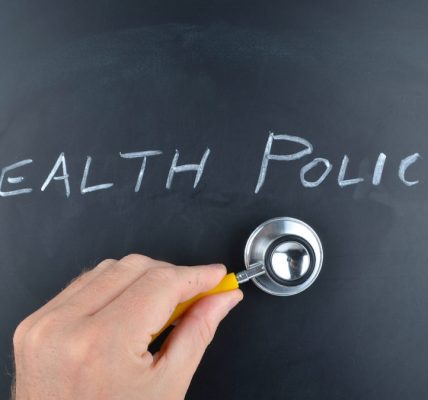Allergies are a common condition that affects millions of people worldwide. They occur when the immune system overreacts to a foreign substance, known as an allergen. This overreaction triggers a cascade of symptoms, ranging from mild to severe.
Common Allergens
- Pollen: From trees, weeds, and grasses
- Dust Mites: Tiny insects that live in dust
- Pet Dander: Skin cells shed by animals like cats and dogs
- Mold: A type of fungus that grows in damp environments
- Food: Certain foods, such as nuts, dairy, eggs, and shellfish
Common Allergy Symptoms
- Allergic Rhinitis (Hay Fever): Sneezing, runny nose, itchy eyes, and congestion
- Food Allergies: Skin rashes, hives, digestive issues, and in severe cases, anaphylaxis
- Asthma: Wheezing, coughing, shortness of breath, and chest tightness
Managing Allergies
- Allergen Avoidance:
- Identify and avoid triggers
- Clean regularly to reduce dust mites
- Use air purifiers and dehumidifiers
- Consider pet-free environments
- Medication:
- Over-the-Counter Medications: Antihistamines, decongestants, and nasal corticosteroids
- Prescription Medications: For more severe allergies, doctors may prescribe stronger medications, such as inhaled corticosteroids or oral corticosteroids.
- Immunotherapy (Allergy Shots):
- A series of injections that gradually desensitizes the body to allergens
- Can provide long-term relief
- Lifestyle Changes:
- Diet: A balanced diet can help strengthen the immune system
- Exercise: Regular physical activity can improve overall health
- Stress Management: Techniques like meditation and yoga can help reduce allergy symptoms
Anaphylaxis: A Severe Allergic Reaction
Anaphylaxis is a life-threatening allergic reaction that requires immediate medical attention. Symptoms include:
- Difficulty breathing
- Swelling of the throat
- Hives
- Dizziness
- Loss of consciousness
If you or someone you know experiences anaphylaxis, call emergency services immediately and administer epinephrine if prescribed.
By understanding the triggers and symptoms of allergies, you can take steps to manage them effectively and improve your quality of life.




